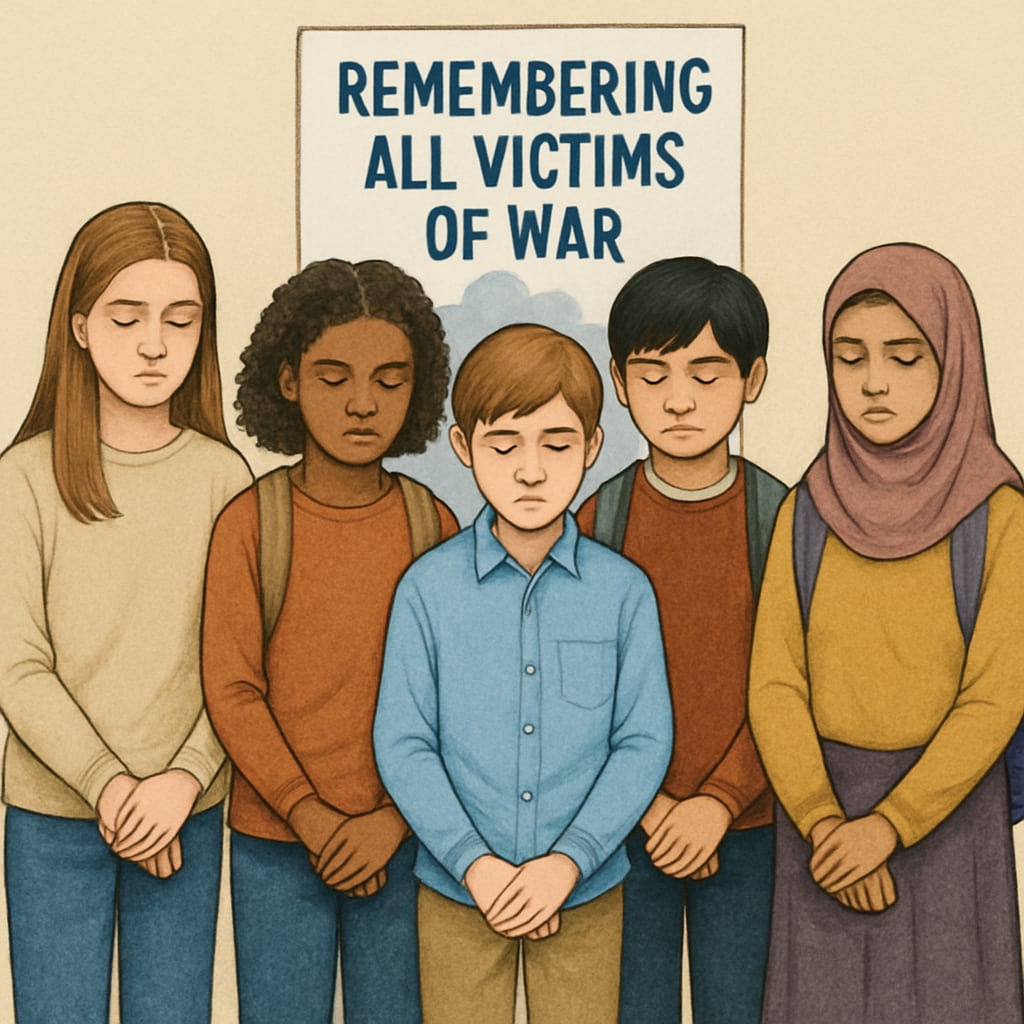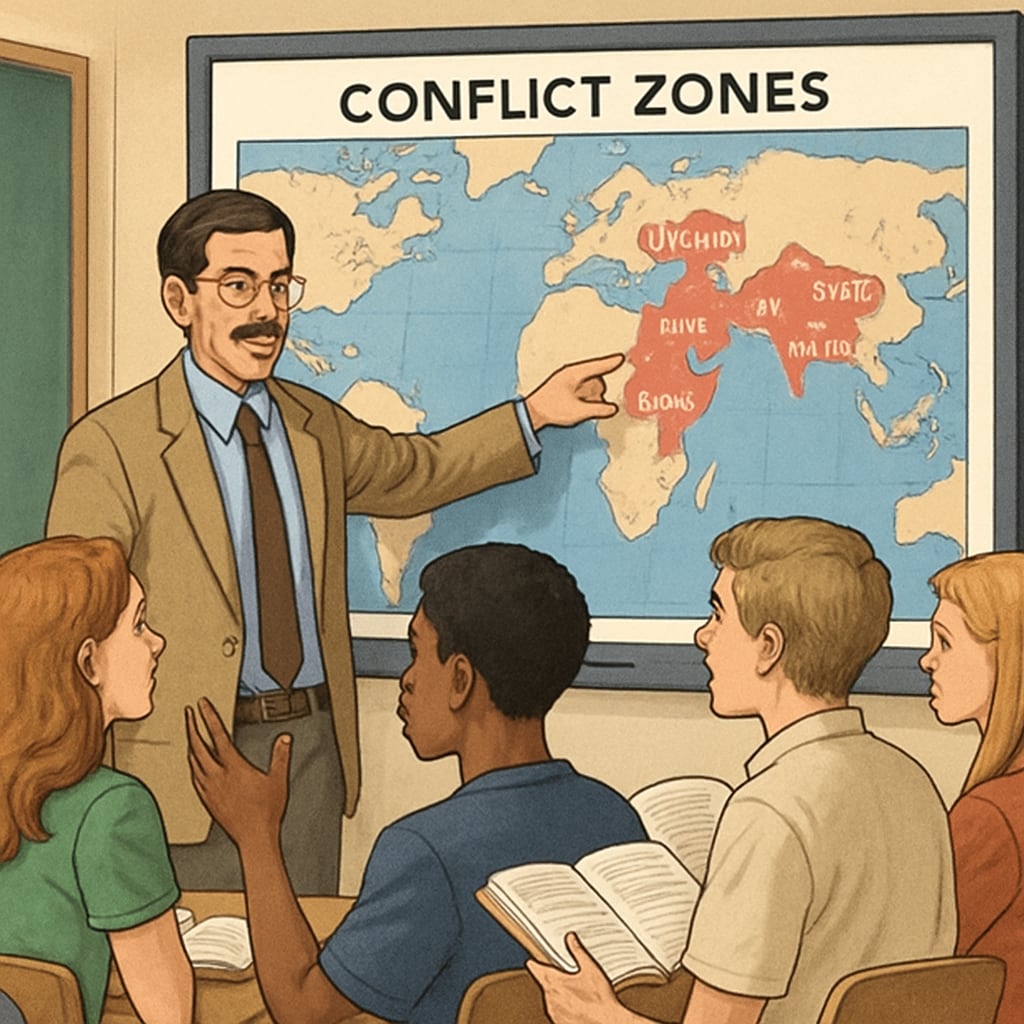The growing trend of K12 schools converting Gaza-focused mourning events into generalized commemorations for “global war victims” has ignited heated debates about mourning events, Gaza crisis responses, and institutional political stances. Educational institutions worldwide face increasing pressure to address humanitarian crises while maintaining politically neutral environments.

The Neutrality Paradox in Education
Schools attempting to avoid political controversy often employ what researchers call “contextual dilution” – broadening specific commemorations to include all similar cases. A 2023 study by the Brookings Institution found that 68% of U.S. schools now modify politically sensitive observances. While this approach aims for inclusivity, critics argue it:
- Diminishes awareness about specific humanitarian emergencies
- Creates false equivalencies between unrelated conflicts
- May inadvertently promote political avoidance rather than critical engagement
Pedagogical Impacts of Generalized Memorials
When mourning events lose their specific context, students miss opportunities to develop nuanced understanding. The UNICEF Education Framework emphasizes that age-appropriate crisis education should:
- Provide accurate historical context
- Distinguish between different types of conflicts
- Encourage evidence-based analysis

However, many educators report feeling unprepared to navigate these complexities. As one high school principal noted: “We’re expected to be grief counselors, political analysts, and moral philosophers simultaneously.”
Alternative Approaches for Schools
Some institutions have developed more educationally robust models:
- Contextualized commemorations: Pairing moments of silence with factual background materials
- Comparative analysis modules: Examining different conflicts through standardized frameworks
- Student-led initiatives: Allowing learners to design appropriate responses within guidelines
These approaches demonstrate how schools can acknowledge specific humanitarian crises like Gaza while maintaining educational focus and political neutrality. The key lies in balancing compassion with critical thinking – a challenge that ultimately defines modern education’s role in turbulent times.


